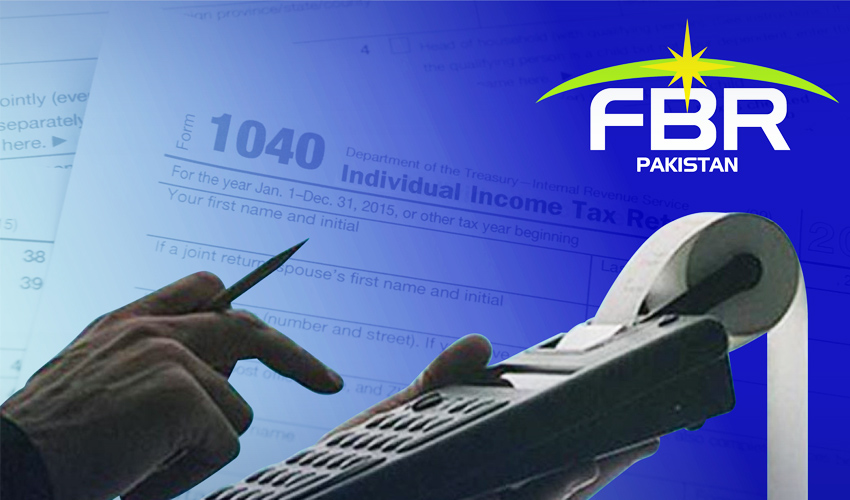The Federal Board of Revenue (FBR) has instructed the Inland Revenue (IR)-Operations Wing to formulate a policy and legal stance for the use of severe coercive measures, such as the sealing of taxpayers' bank accounts for the purpose of recovering outstanding dues.
The FBR is required to present its enforcement policy to the Lahore High Court (LHC) by November 8, 2023.
According to the FBR's directives to the Member IR (Operations), the Lahore High Court's order dated October 18, 2023, has been referred to in relation to W.P.No.6833612023. The case has been rescheduled for November 8, 2023.
In the meantime, the FBR is expected to provide a report within 15 days regarding the policy and legal stance for recovering outstanding amounts by implementing extreme measures, such as sealing bank accounts and making recoveries from them.
The Attorney General for Pakistan will also assist the court with the legal aspects of the matter. If the FBR determines that the contested action is not in accordance with the law and economic policy, the court should be guided on whether any disciplinary actions should be taken against the officers employing such coercive measures, which appear to have a negative impact on the country's economic activities.
During the proceedings in the Lahore High Court, the respondents' counsel (representatives from the tax department) informed the court that the petitioner's accounts have been unsealed. It is acknowledged that the recovery action under section 140 of the Income Tax Ordinance, 2001 was executed within the stipulated timeframe for filing an appeal. However, the respondents' counsel indicated that the petitioner had ample time to approach the Appellate Tribunal Inland Revenue (Appellate Tribunal). It was also mentioned that the petitioner had indeed approached the Appellate Tribunal, where interim relief was granted.
The counsel for the respondents, representing the officer responsible for the recovery, contended that there is no explicit prohibition in the law against the recovery action.
Conversely, the petitioner's counsel, representing the steel re-rolling mill, argued that the time provided from the date of service was insufficient. The fact that the Appellate Tribunal granted interim relief suggests that the petitioner had a strong prima facie case. Consequently, the amount that was recovered should be refunded.
The respondents' counsel countered by stating that there is no definitive legal precedent regarding whether the contested recovery can be initiated during the appeal window.
For a thorough examination of the aforementioned legal question, the respondents' counsel requested additional time to prepare and present arguments.
In the interim, the Chairman of the FBR is required to submit a report within fifteen days, providing his assessment and insights regarding the policy and legal position for the recovery of outstanding amounts through extreme coercive measures, such as the sealing of accounts and subsequent recoveries, as outlined in the LHC's order.


























